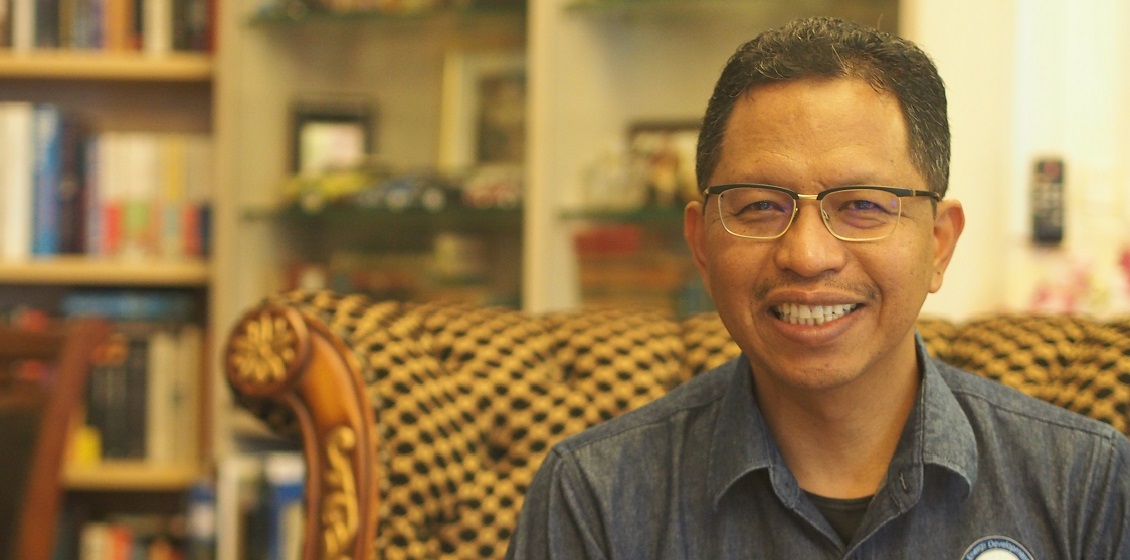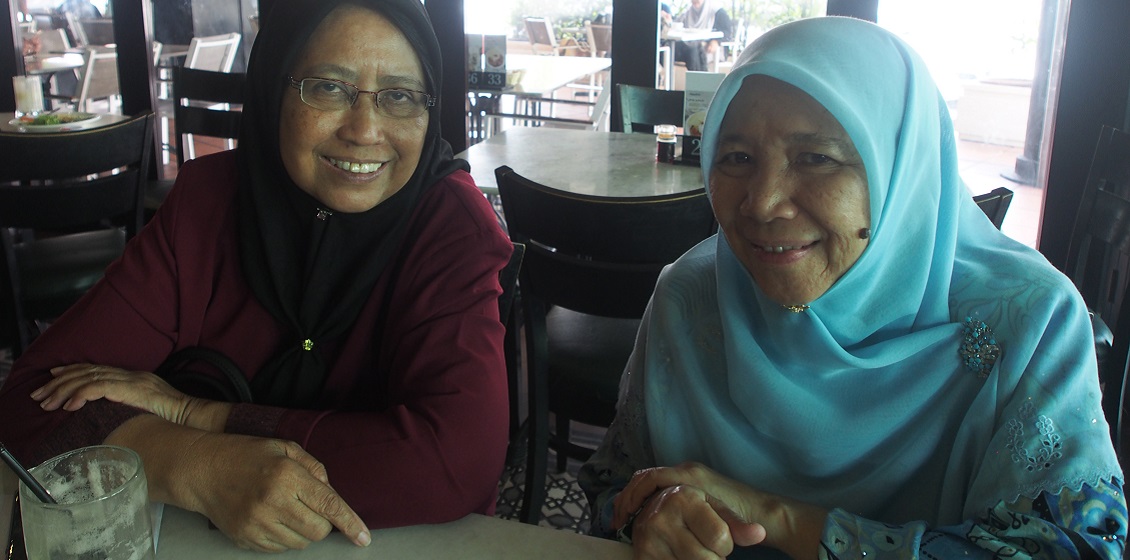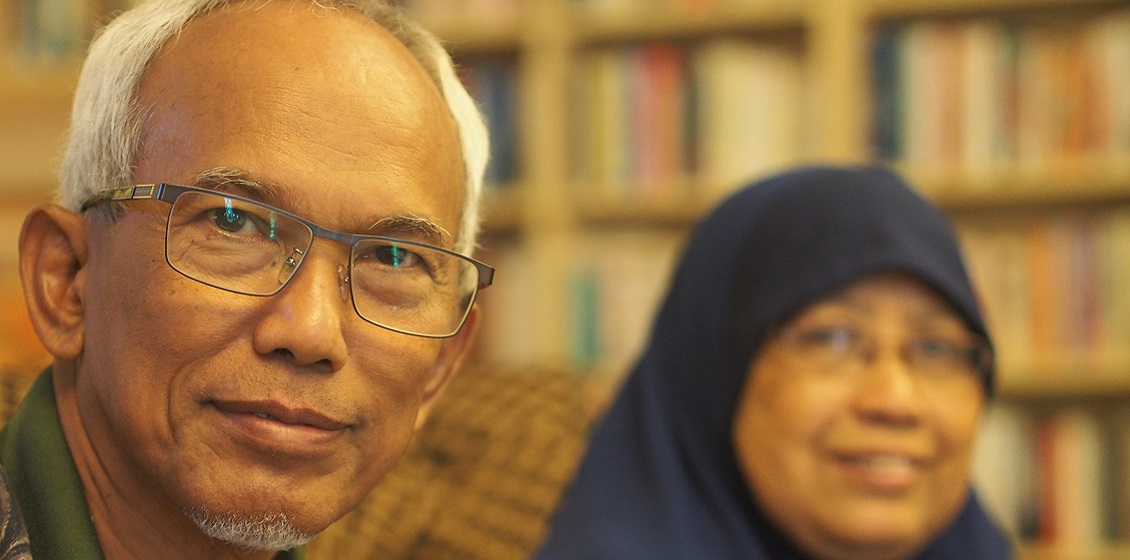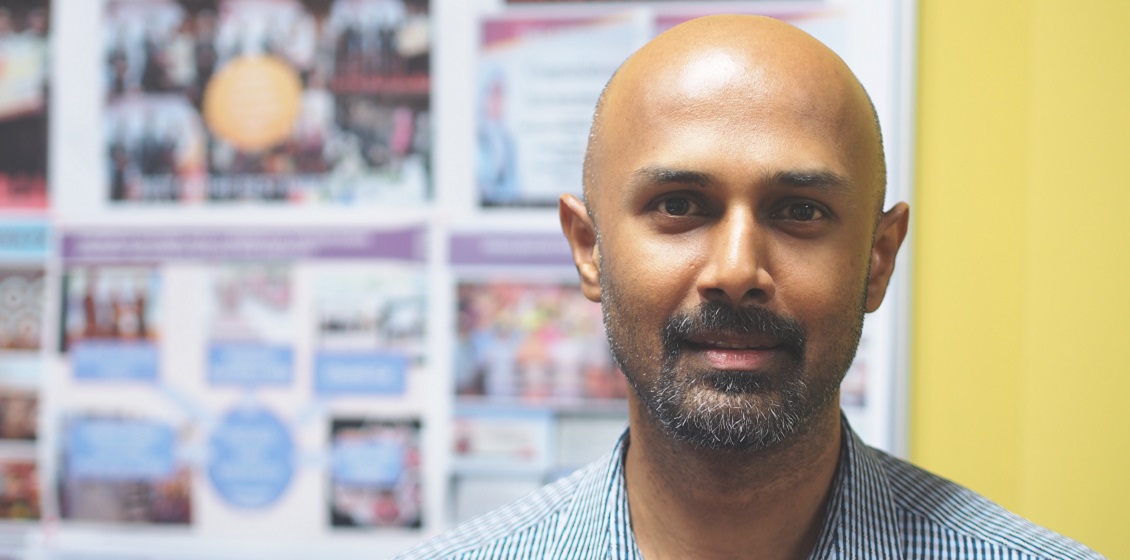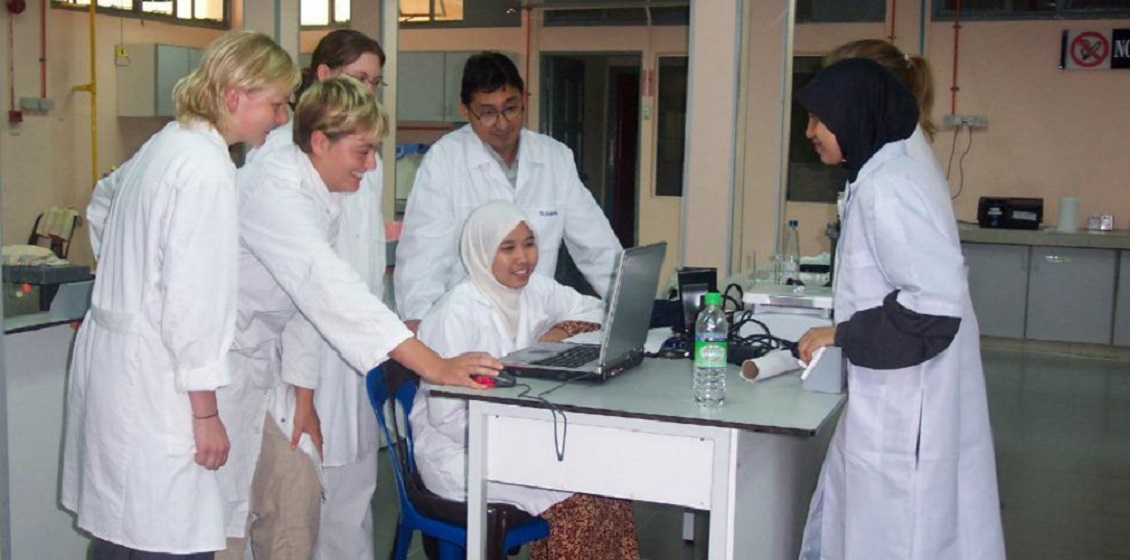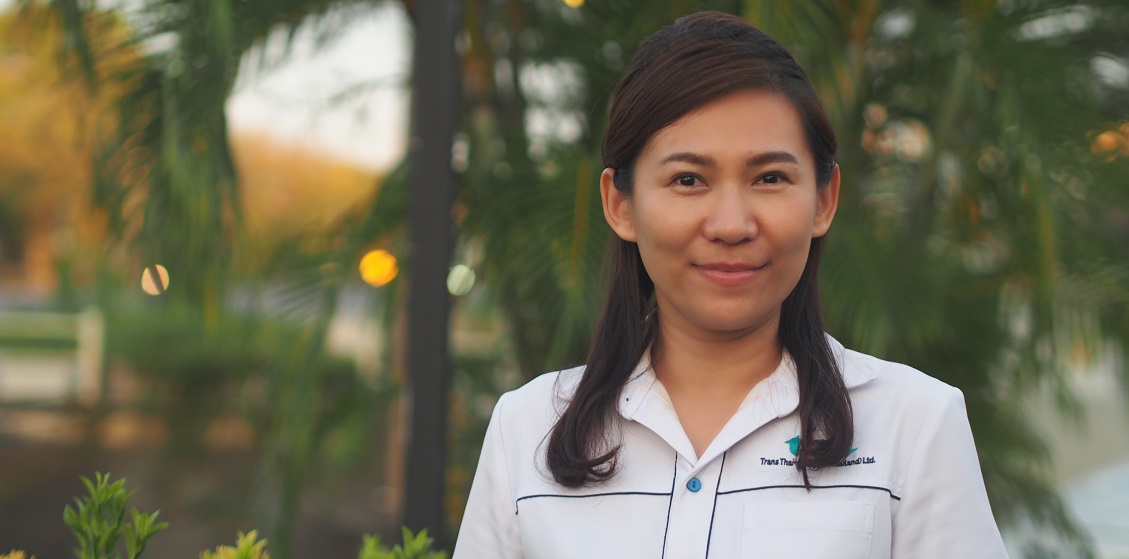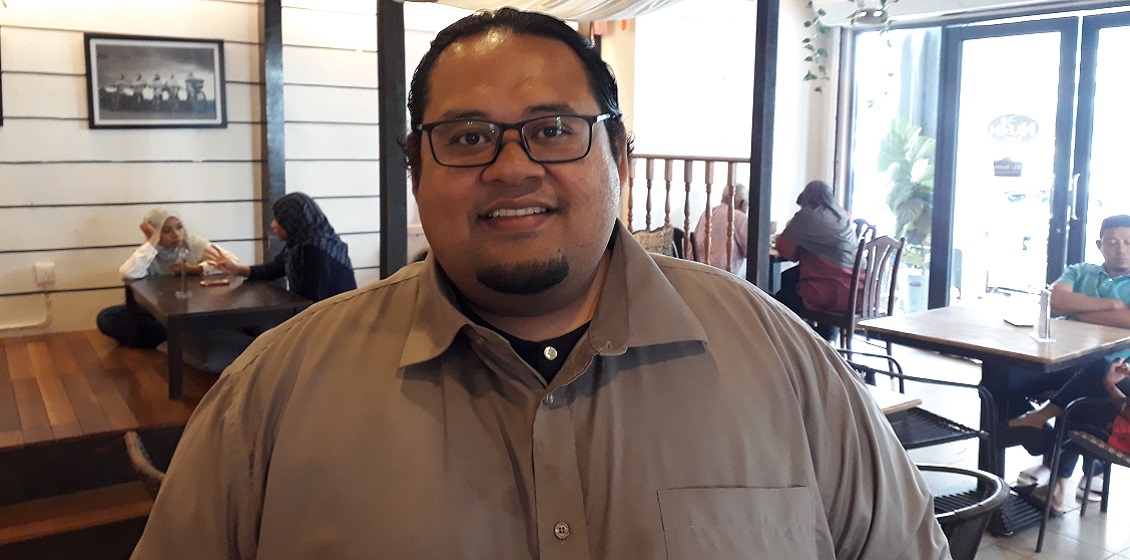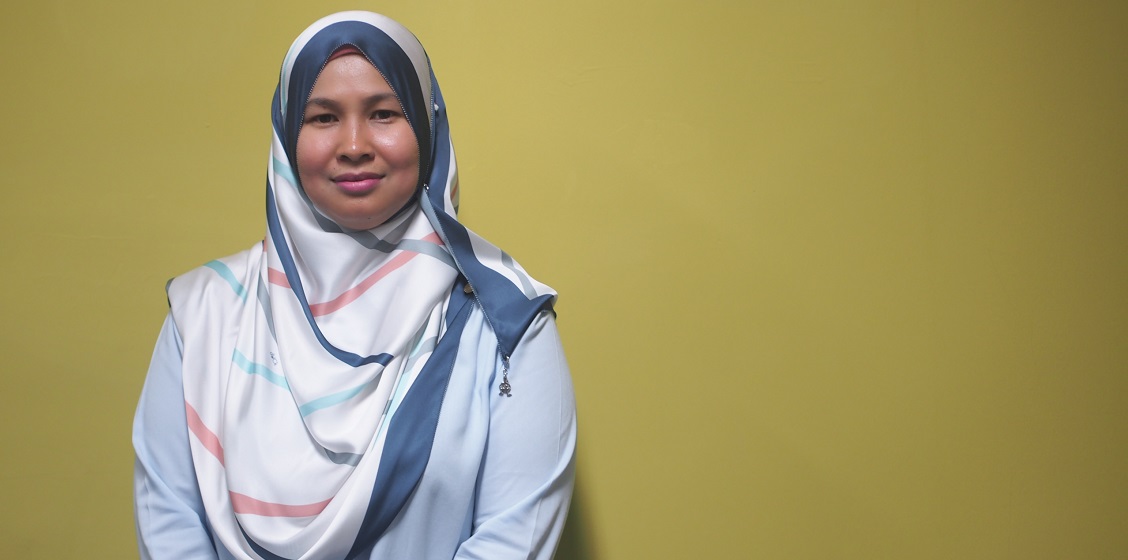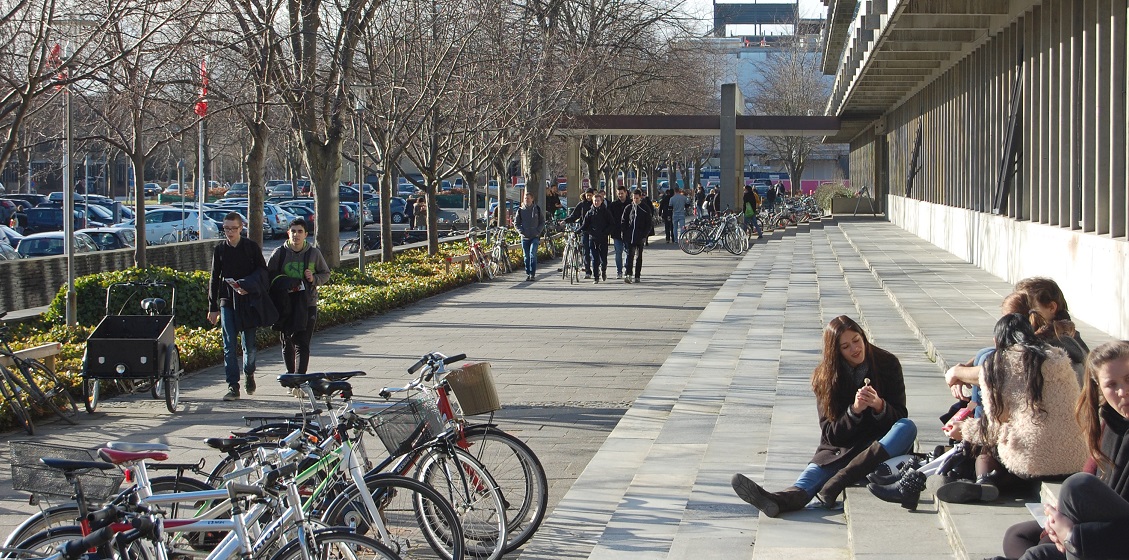The MUCED experience: New teaching methods in Malaysia
One of the elements in MUCED was introducing Malaysian lecturers and students to new teaching methods. This introduction to group work and Problem Based Learning (PBL) had both direct and indirect benefits in the Malaysian higher education system, participants says.


